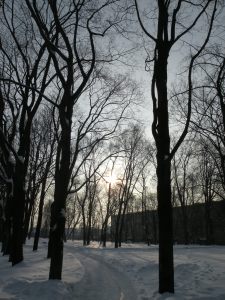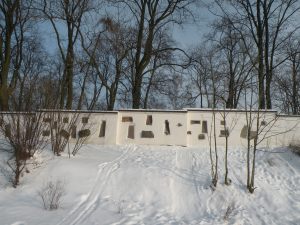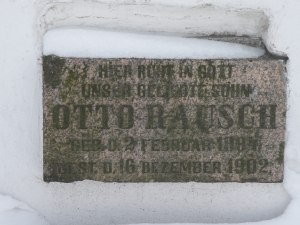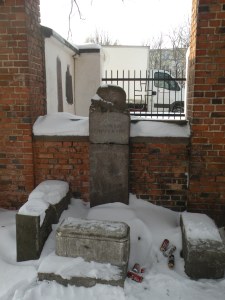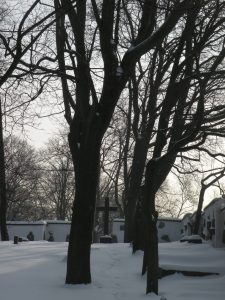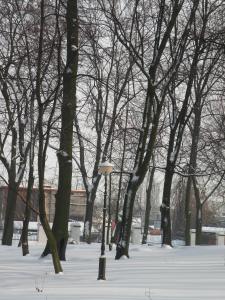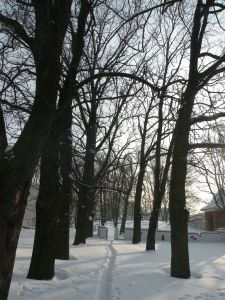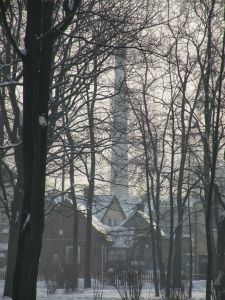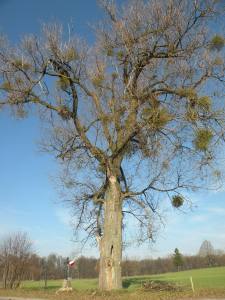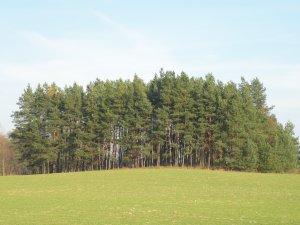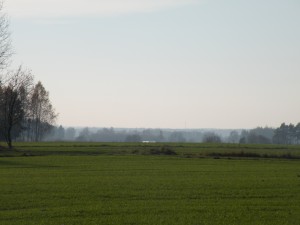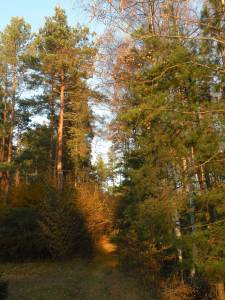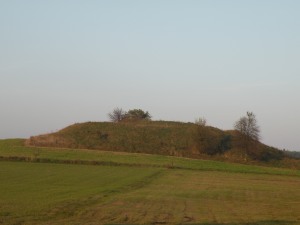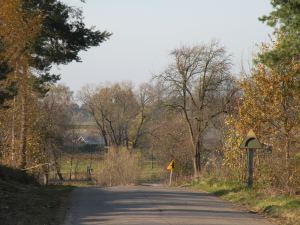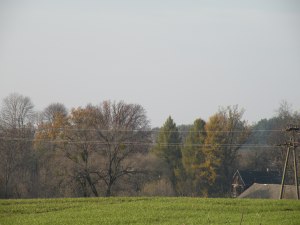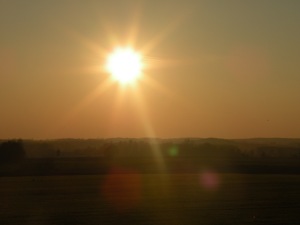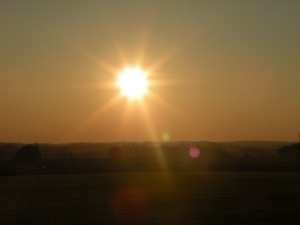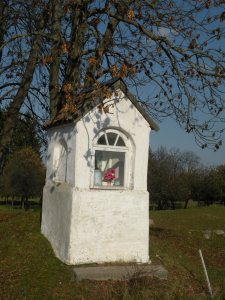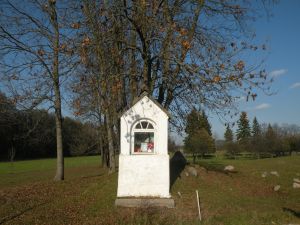Today I came across an interesting article – “Why western authors are in love with Mother Russia” by Andrew Miller, and resolved to write a comment below it, including my private and modest ideas concerning Russian literature:
A few years ago I read about one of my favourite Russian writers, that “he was closest to the truth about human being”. This sentence concerned Fiodor Dostoyevsky. And it is impossible to disagree with this statement, when one reads “Idiot” or “Crime and punishment”. In every of these books one is able to find himself/herself, to identify with some characteres. When I read Dostoyevsky or Turgeneiv I read it with all my nerves, it is not just work of the mind, but work of my whole being (my soul, my mind and body).
That is why I agree with following Author’s statement:
“Writers born elsewhere tend to be captivated first by the grandeur and reckless honesty of the great Russian authors (…)”
Russian writers do possess not only “reckless honesty”, but also – sometimes even heroic – courage to tell truth about human being’s nature. It is a kind of civil courage, which so often Western writers lack, with exception of Joseph Conrad, C.S. Lewis, or Jack London. They do not hide truth behind the curtian of courtesy, social conventions or political corectness. They show it with all its pain, suffering, ugliness, so that we get fed up with our reality, and do not see another possibility, apart from changing our inner, spiritual world.
With regard to another Author’s statement:
“Nick, my narrator, is sucked into Moscow during its greedy, oil-fuelled boom. He only finds out what sort of man he can be, perhaps has always been, when he lives in Russia.”
I think that in Russia we may feel in some sense “naked”, it is still a state, where one can feel as “pure”, “naked”, “raw”, “defenseless”, as it is only possible, where state, law, authority, social conventions do not prevent him/her from all evil human instincts existing in all human beings. In Russia there is a bare human being standing opposite omnipotent authority, simple people opposite corrupt officials or oligarchs. In such milieu all human stances, all human behaviours are sharper, more visible, distinguishable. If you are courageous, you are much more courageous than in Western countries. What is the price of courage in Great Britian, or Germany and what is the price of courage in Russia? You can answer this question, when you take into consideration, fate of such persons as Anna Politkovskaya, Natasha Estemirova, Nastia Baburova, Litvinenko, Chodorkovsky.
In Russia you have much better and more occasions to be decent or wicked, and when you decide to be decent you have much more to lose, than when you decide to be decent in France.
In other words, I think that in Russia, a person have much more possibilities to be more human, to be more real and true, than in other parts of Europe. And no wonder, that in such reality, great literature appears…























